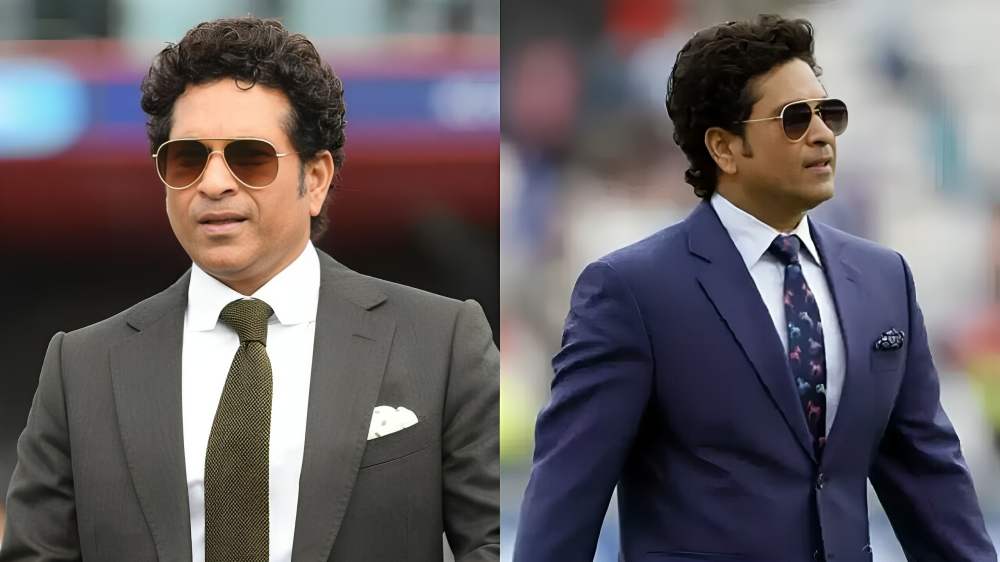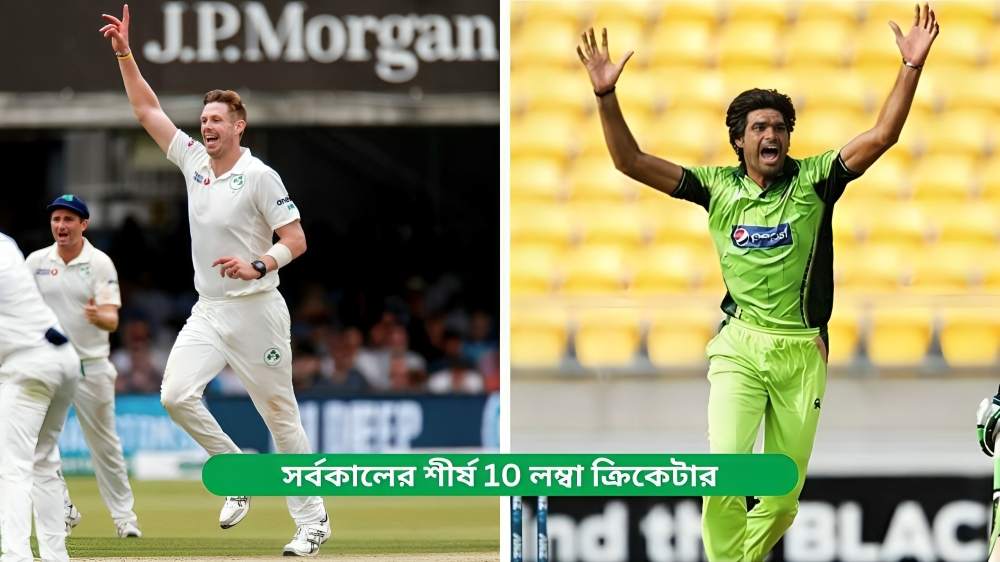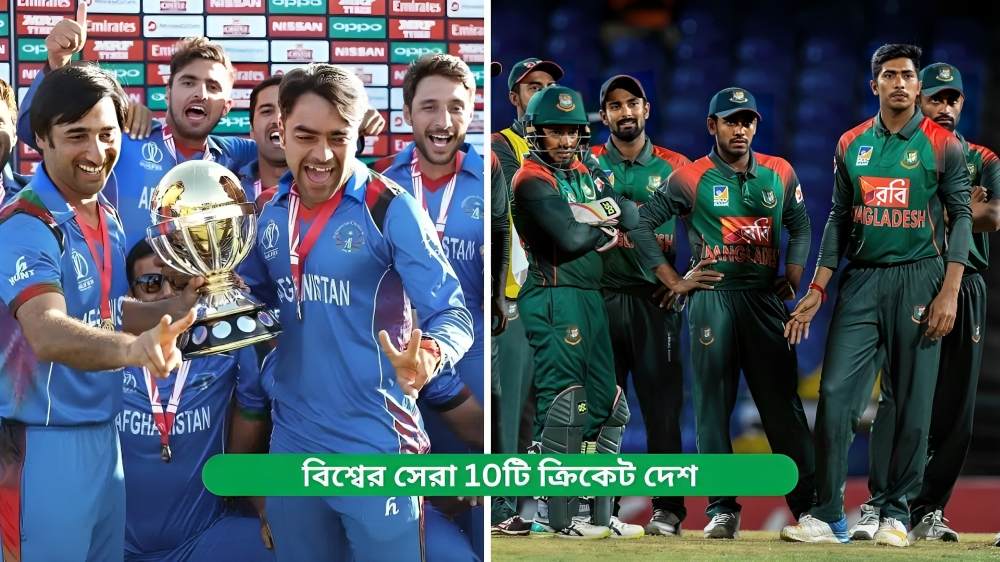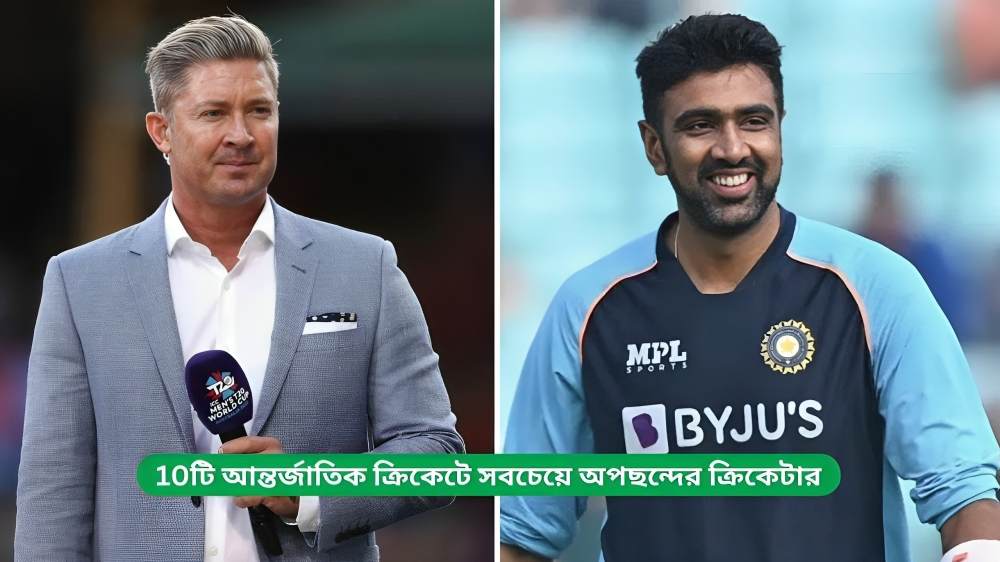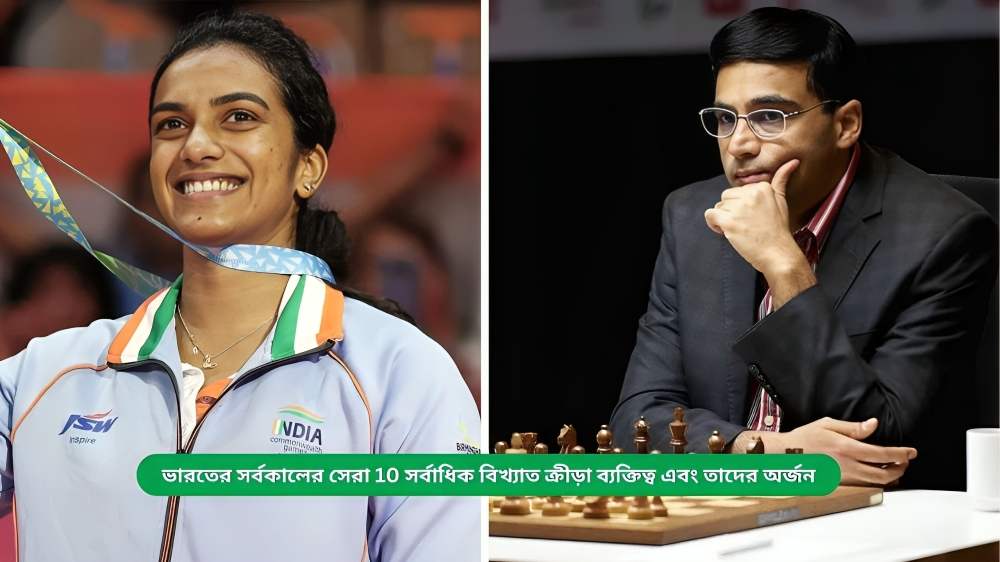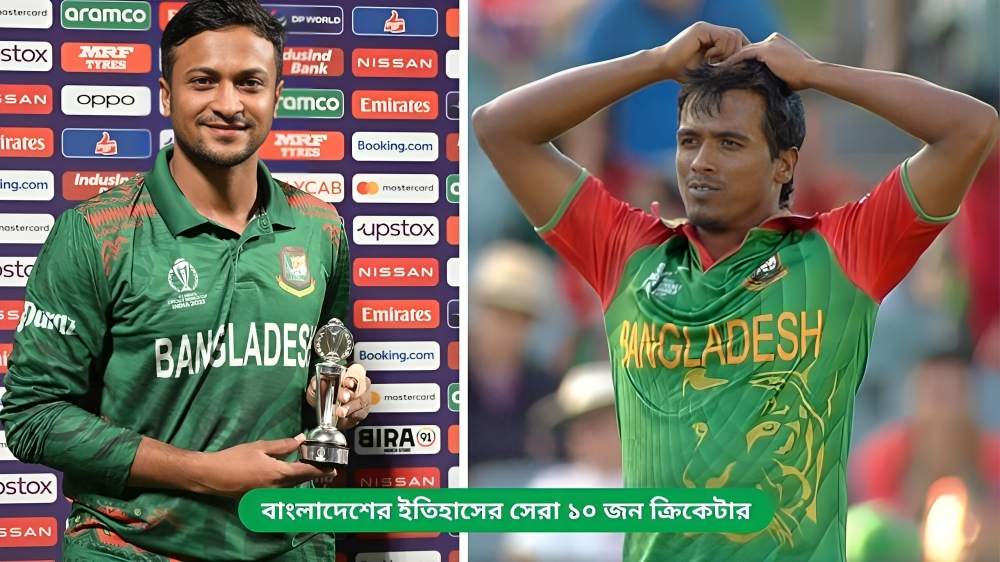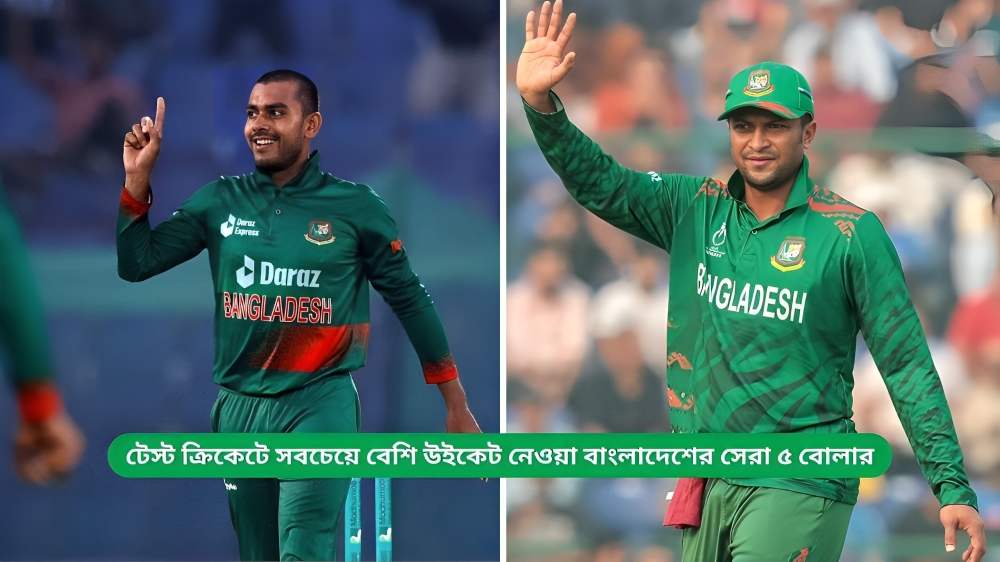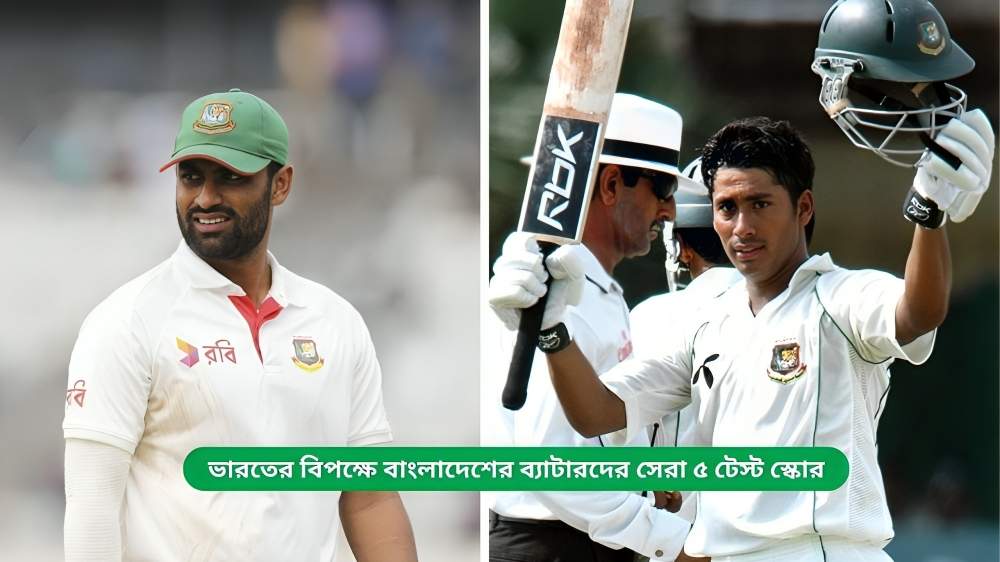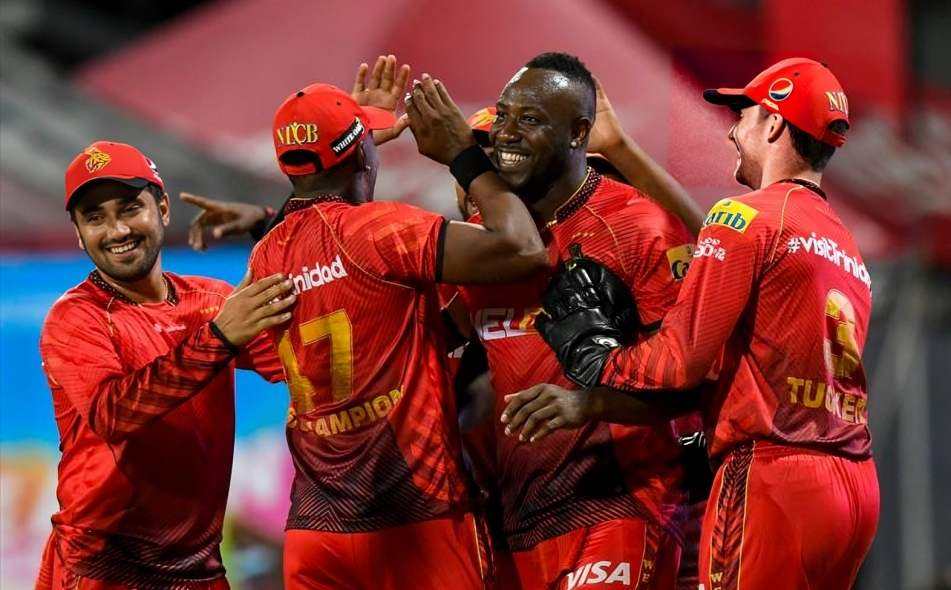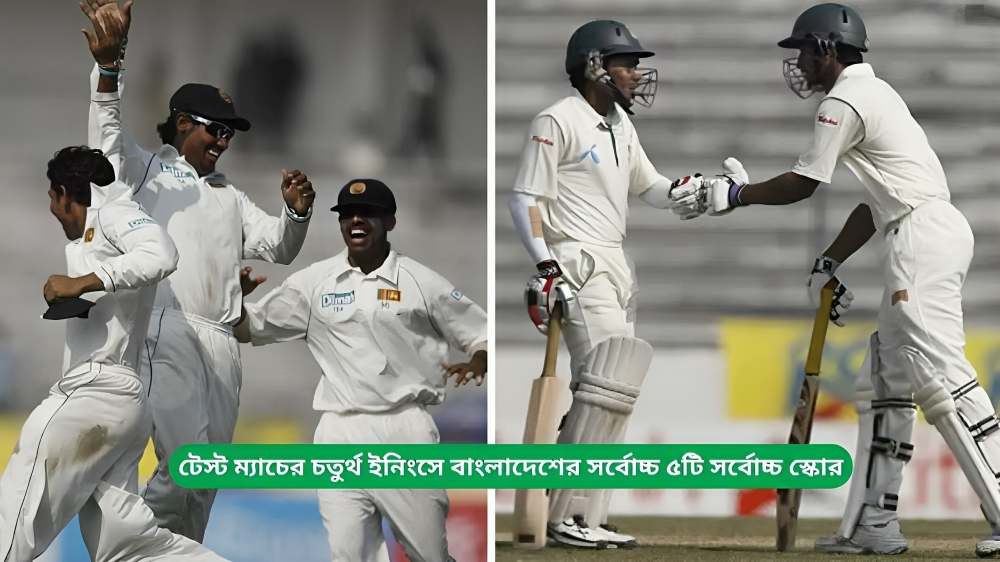Indian cricketers don’t play in foreign leagues due to the BCCI’s policies, prioritizing IPL exclusivity and national commitments. This ensures players are available for domestic tournaments and prevents fatigue. Additionally, it protects the IPL’s brand value, limits overexposure, and keeps the focus on Indian cricket’s growth, balancing financial stability and player workload.
Indian cricketers not playing in foreign T20 leagues is a direct result of the Board of Control for Cricket in India (BCCI)‘s strategic policies and priorities. Here’s an in-depth look at the reasons:
1. Maintaining IPL Exclusivity
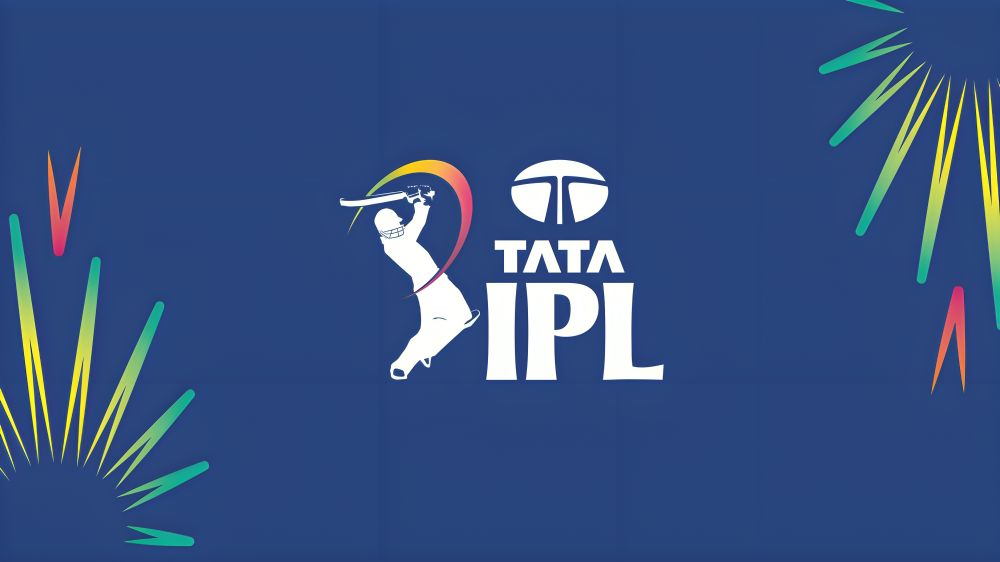
- The BCCI considers the Indian Premier League (IPL) as its crown jewel and does not want Indian players to dilute the brand value of the tournament by playing in other leagues.
- By restricting participation, the BCCI ensures the IPL remains the primary stage for Indian talent and global viewership.
2. Player Workload Management

- Indian cricketers have a packed schedule with international fixtures, domestic tournaments, and the IPL. Allowing them to participate in additional leagues could lead to fatigue, injuries, and burnout.
- The BCCI prefers players to focus on national duties rather than risking their performance in less significant tournaments.
3. Control Over Player Contracts

- All centrally contracted Indian players are governed by the BCCI’s policies. Participation in foreign leagues requires NOCs (No Objection Certificates) from the board, which are rarely granted to protect players’ priorities.
4. Promoting Domestic Cricket

- The BCCI values Indian domestic tournaments like the Ranji Trophy, Syed Mushtaq Ali Trophy, and Vijay Hazare Trophy, which serve as feeder systems for the national team.
- By restricting players from other leagues, the BCCI ensures top talent remains available for these critical domestic events.
5. Preventing Overexposure
- Overexposure of Indian players in foreign leagues could lead to opponents understanding their strengths and weaknesses. This tactical insight could affect India’s international performance.
- The exclusivity adds to the mystique and appeal of Indian players globally.
6. Revenue and Broadcasting Rights
- The BCCI prioritizes keeping Indian players’ appearances tied to tournaments that benefit Indian cricket financially, like the IPL and bilateral series. Players participating in foreign leagues would divert attention and revenue.
7. Focus on National Commitments

- The BCCI’s policy emphasizes that representing India remains the top priority for players. Time spent in other leagues might conflict with national duties or training camps.
Exceptions for Retired Players

While active players are restricted, retired Indian cricketers are free to participate in foreign leagues like the Big Bash League (BBL), Caribbean Premier League (CPL), or the Hundred. Notable examples include Yuvraj Singh, Harbhajan Singh, and Suresh Raina, who have played in T20 leagues after retirement.
In summary, the BCCI’s policies ensure that Indian cricketers stay focused on their commitments to the national team and IPL, keeping Indian cricket strong and financially stable.


